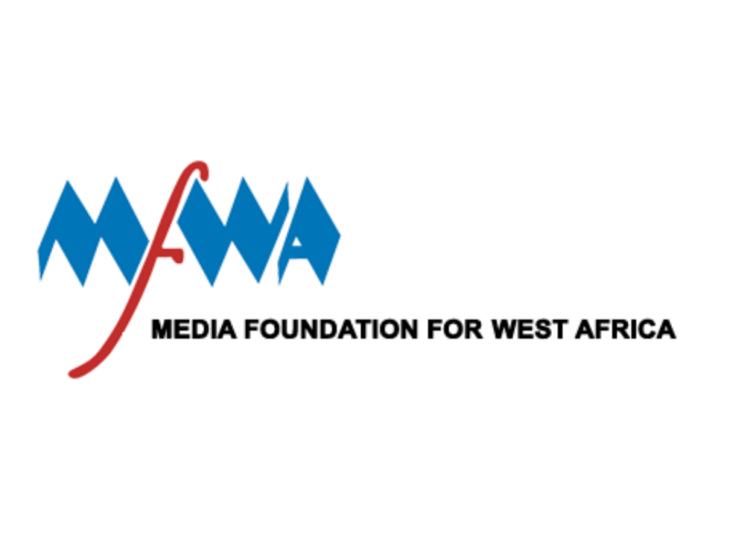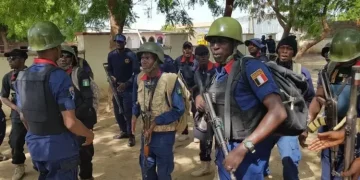Media Foundation for West Africa (MFWA) has appealed to the federal government to enhance Digital Public Infrastructure (DPI) in Nigeria to improve service delivery to the citizens.
The director for media and good governance of MFWA, Abigail Larbi, made the call yesterday in Abuja at a public forum on the status of digital public infrastructure in Nigeria, with the theme: “The Status of Digital Public Infrastructure in Nigeria: Progress, Challenges, and Prospects.”
She stressed the importance of discussing policies surrounding public infrastructure and their impact on Nigeria’s digital landscape.
Larbi reiterated the need for inclusivity and security in digital advancements, underscoring concerns about digital security amidst technological progress.
She, however, said the forum served as a platform to foster dialogue on the current state of digital infrastructure deployment in Nigeria and explore strategies to ensure inclusivity and visibility in the process.
Larbi expressed gratitude to all participants for their presence, recognizing the significance of the issues being discussed.
She highlighted MFWA’s past initiatives, including a journalistic fellowship on digital public infrastructure, which aimed to raise awareness about key issues in the field.
She acknowledged the contributions of Nigerian journalists who participated in the fellowship, further emphasizing the importance of their work in driving discussions on digital development.
On his part, the national secretary of the Nigeria Union of Journalists (NUJ), Achike Chude, noted the pivotal role of media organizations in shaping public awareness and discourse in the digital space. Acknowledging the efforts of the Media Foundation for West Africa and press entities like IPC,
Chude underscored the need for government officials and private sector representatives to engage actively in such discussions.
He highlighted the essential role of media freedom in upholding democratic values, cautioning against any encroachments that may hinder journalistic expression.
Chude said the symbiotic relationship between the media and governance, noting that the media serves as a critical bridge between the government and the populace, shaping perceptions and facilitating transparency in political dispensations.
He stressed that the development of Nigerian states hinges significantly on media contributions, especially during transitional phases.
Also, the programme manager at the International Press Centre (IPC), Stella Nwofia, reiterated that the (IPC) and (MFWA) collaboration delves into the pivotal role of technology in enhancing media freedom and access to information.
She noted that this underscores the critical function of technology in amplifying voices, promoting transparency, and empowering journalists as democracy sentinels.
She highlighted the importance of synergy among various stakeholders in addressing the evolving needs of public infrastructure.











